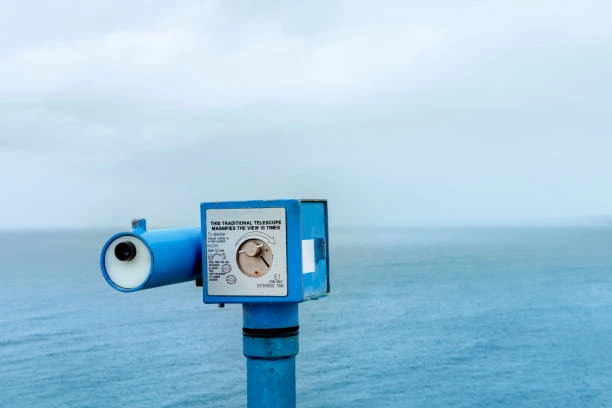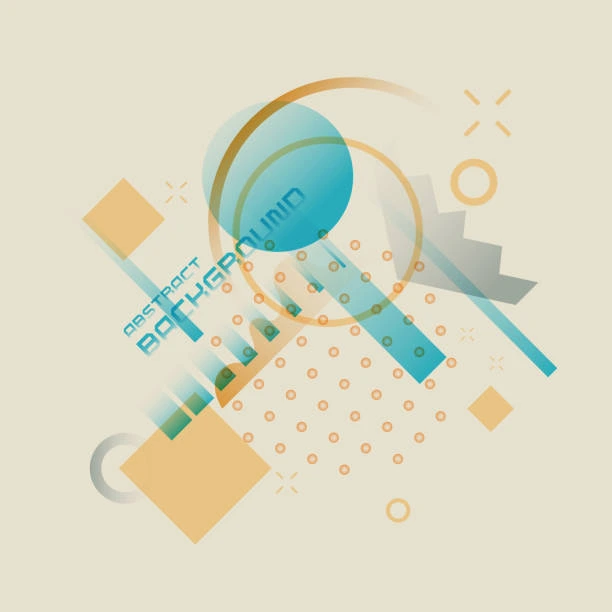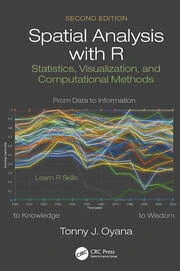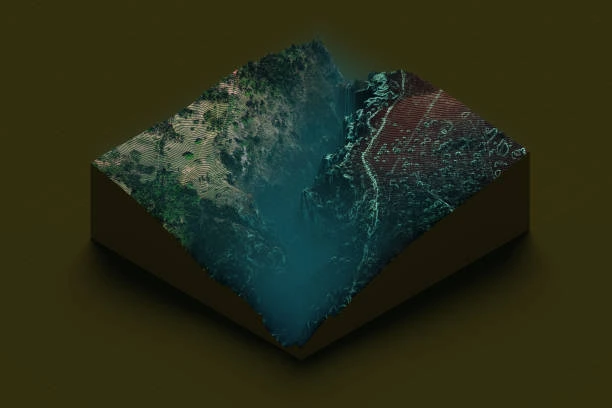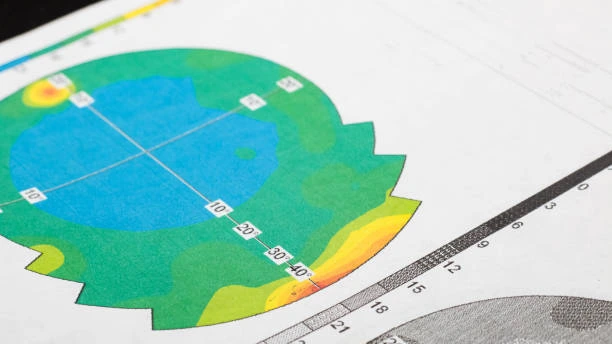Course Overview
This course provides an in-depth exploration of remote sensing technologies and their application in coastal and marine environments. Participants will gain a comprehensive understanding of how to utilize satellite and aerial imagery, as well as other remote sensing data, to monitor, analyze, and manage coastal and marine ecosystems. The course covers key topics such as habitat mapping, shoreline change detection, water quality assessment, and the impacts of climate change on coastal areas. Through hands-on exercises and case studies, participants will learn practical skills in data acquisition, processing, and interpretation using various remote sensing tools.
Course Duration
5 Days
Who Should Attend
- GIS professionals looking to enhance their map design skills.
- Urban planners, environmental scientists, and geographers who use maps in their work.
- Students and researchers in geography, cartography, and related fields.
- Professionals involved in spatial data visualization and analysis.
- Anyone interested in learning how to create high-quality maps using GIS technology.
Course Objectives
By the end of this course, participants will be able to:
- Understand the fundamentals of remote sensing technologies and their applications in coastal and marine environments.
- Analyze and interpret remote sensing data for habitat mapping, shoreline monitoring, and water quality assessment.
- Assess the impacts of climate change on coastal zones using remote sensing techniques.
- Utilize remote sensing tools for monitoring coastal erosion and land use changes.
- Apply best practices for integrating remote sensing data into coastal management and conservation strategies.
Course Outline:
Module 1: Introduction to Coastal and Marine Remote Sensing
- Definition and principles of remote sensing
- Unique challenges of coastal and marine remote sensing
- Types of remote sensing data (aerial imagery, satellite imagery, radar)
Module 2: Image Processing Techniques for Coastal and Marine Environments
- Image preprocessing (radiometric and geometric correction)
- Image enhancement and visualization
- Image classification (supervised and unsupervised)
- Object-based image analysis (OBIA)
Module 3: Coastal and Marine Feature Extraction
- Shoreline detection and mapping
- Coastal erosion and accretion analysis
- Sea surface temperature (SST) retrieval
- Ocean color analysis (chlorophyll, suspended sediments)
Module 4: Remote Sensing Applications in Coastal and Marine Environments
- Coastal erosion and sedimentation
- Coral reef monitoring and health assessment
- Fisheries management and stock assessment
- Marine pollution detection and monitoring
- Climate change impacts on coastal ecosystems
Module 5: Advanced Topics in Coastal and Marine Remote Sensing
- Synthetic aperture radar (SAR) for coastal and marine applications
- Lidar for coastal elevation mapping
- Unmanned aerial vehicles (UAVs) for coastal and marine surveys
- Integration of remote sensing data with in-situ measurements
Customized Training
This training can be tailored to your institution needs and delivered at a location of your choice upon request.
Requirements
Participants need to be proficient in English.
Training Fee
The fee covers tuition, training materials, refreshments, lunch, and study visits. Participants are responsible for their own travel, visa, insurance, and personal expenses.
Certification
A certificate from Ideal Sense & Workplace Solutions is awarded upon successful completion.
Accommodation
Accommodation can be arranged upon request. Contact via email for reservations.
Payment
Payment should be made before the training starts, with proof of payment sent to outreach@idealsense.org.
For further inquiries, please contact us on details below:
